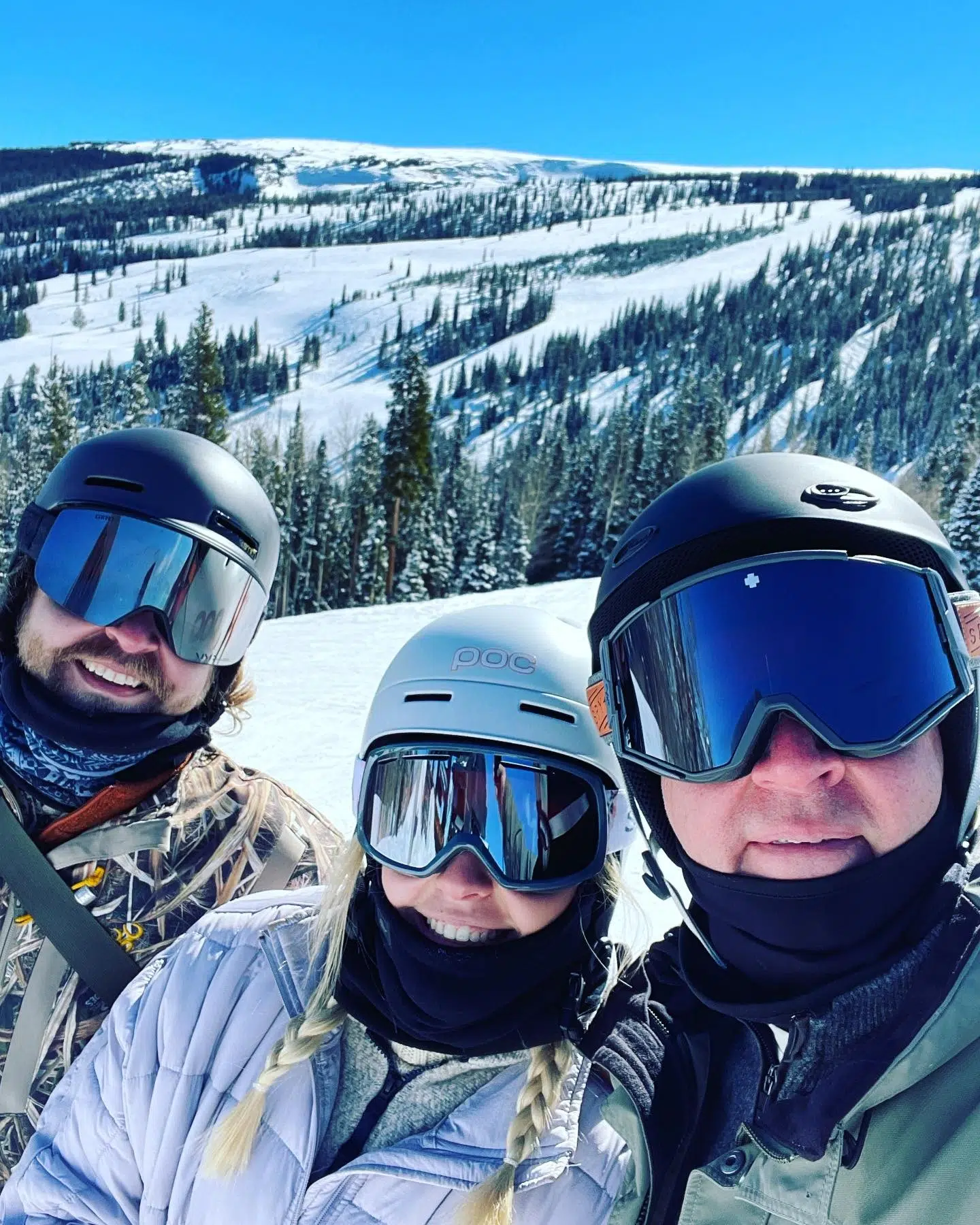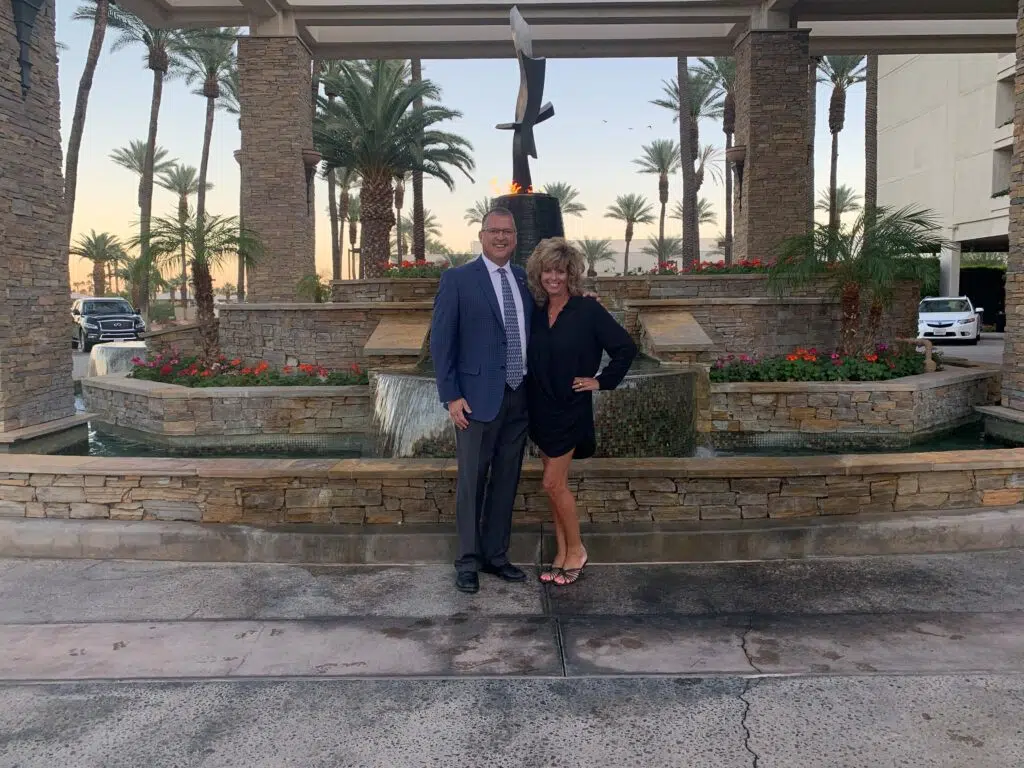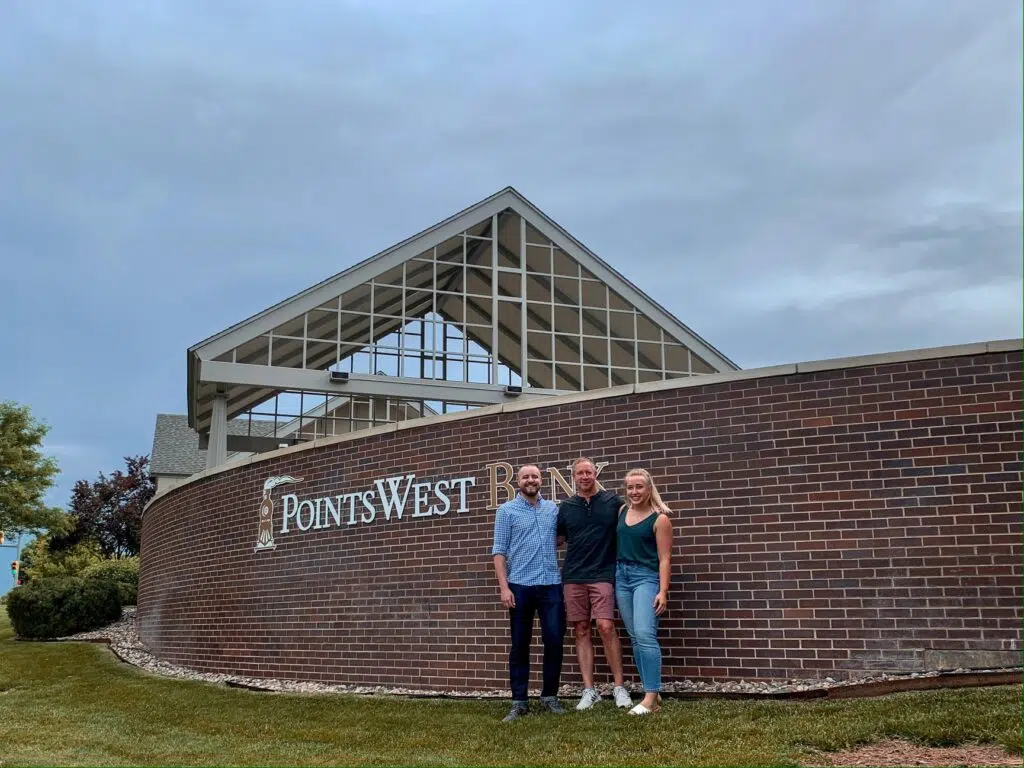All in the family
Some family companies find ways to bridge to new generations

Ask the founder of a family-owned company where keeping it in the family ranks on the list of priorities, and it likely will be near the top.
Yet fewer than half of family companies make it to the second generation, 13% transition to the third generation, and just 3% make it to the fourth or fifth generation, according to a report at businessweek.com.
So does the passion for the family company wane with time? Not necessarily, say the experts. Instead, lack of planning, pitfalls of familial relationships, having qualified and experienced persons in the next generation all contribute to the inability to extend the family reach into new generations. [Legal experts share strategies for family companies in related story.]
SPONSORED CONTENT
The numbers, as reported by a multitude of sources, speak to the issue of generational transition:
- The average lifespan of an American family-run business is 24 years.
- A third of family businesses are led by a person with no plans to retire.
- A third of family businesses have no estate plan, except for a will.
- Nearly half of family businesses collapse when the founder dies.
Many do successfully make it from one generation to the next, and thrive. On a national level, that would include Ford Motor Co., Wal-Mart Stores Inc., Cargill Inc. About 19% of America’s largest businesses are family-owned. Family-run businesses — 5.5 million of them nationwide — account for 57% of GDP and employ 63% of the workforce.
In the Boulder Valley and Northern Colorado, numerous family businesses have bridged from one generation to the next, including Points West Bank and Golden Van Lines Inc., both now working on their fourth or fifth generation of family ownership. Points West is headquartered in Nebraska but has multiple locations in Northern Colorado. Golden, originating in 1904, is Longmont-based.
Others reach the point where third-party ownership becomes the path of least resistance. Among them in the region are Frederick-based aggregate company Varra Cos. Inc., now owned by Dallas-based Raptor Materials LLC, and Greeley institution, Rice’s Honey LLC, now branded as Local Hive but owned by Falfurrias Capital Partners of Charlotte, North Carolina.
Here are their stories.
Golden Van Lines
The Golden family’s roots run deep in Longmont and encompass multiple industries. The companies that stem from the family had their start with K.R. Golden, an entrepreneur who in 1904 “was doing anything and everything he could” to make a living, according to a fifth-generation successor, Todd Winter, the president of Golden Van Lines.
“He saw opportunities to start businesses, and that’s what he did,” including enterprises in transportation, construction, mining, moving and storage, trash removal, and taxi services.
K.R. passed the company to his son, Vane. In the late 1950s and early 1960s, the company had settled on two main businesses — the concrete and aggregate business and the moving and storage business.
When Vane died, according to Winter, the company split into two parts with Vernon Golden assuming control of the aggregate business and Vernon’s sister, Maxine Golden, taking the reins of the moving and storage business.
“My father [Maxine’s son, Ken Winter] had just started in college, and he was asked to make a choice to either stay in school or come back to help run the company. He chose to come back,” Todd said.
Ken Winter married and had two children, Todd and his sister, Kristi. Both got involved in the business. Todd is now 60 and Kristi 57.

Ken Winter died unexpectedly, and his death resulted in the business passing to his wife Catherine, who had not been active in the business. Day-to-day operations, however, moved to Todd and Kristi, who had the experience to lead it.
“The big part happened then,” Todd said, and company leadership quickly began to figure out how to structure the company so that it could endure. They spoke with trust attorneys, financial advisers and tax specialists. “We had to make sure we had family members willing to run the business.”
While passing a business at death can avoid paying capital gains, because the company value steps up to a new basis with the new ownership, inheritance taxes can be devastating to a company if it hasn’t planned how to pay them.
The Winter strategy was to buy life insurance on Catherine, so that when she passed in 2012, the insurance payout was enough to pay the estate tax.
“The last thing a family needs [when the company owner dies] is to figure out how to buy the business back from the government,” Todd said. “The challenge, especially if you’re asset-heavy, is that those assets have value, but they aren’t cash. The government wants cash,” he said. Golden is asset-heavy with trucks and warehouses. “We would not have had the cash to pay that without the insurance,” he said, which could have meant selling off assets or encumbering the company with debt.
In the time after Ken Winter’s death, Todd and Kristi spent time figuring out how to structure the company for the future.
“A great deal of planning went into that with my sister and me about who would be the leader of the company. A lot of companies struggle determining a family member who can lead the succession without breaking the family apart,” he said.
“I was fortunate to have a sister who is like-minded. We look at this as our asset, jointly. We’re not looking at what I get versus what she gets,” he said. Kristi serves as CEO of the company, and Todd is president. They have offices in the same building on South Pratt Parkway in Longmont.
They know their stewardship of the company won’t last forever, so they’ve started to figure out whether their children will take it to the sixth generation.
Todd has two sons; Kristi has two daughters. All four work at the company.
Kristi and Todd are looking at gifting opportunities available in tax law for the next couple of years. “We might be able to gift a large share of the company, but what is going to be our exit strategy when we want to retire,” Todd asked. He said more of the leadership duties need to be delegated if the next generation indicates interest in continuing in the family business.
Todd said he would be meeting with his certified public accountant, who is also a business attorney, and ask him to meet with his children and his sister’s children to begin discussions. “We need a frank discussion about their wants and desires; whether they want to be with the company or not. That will set the table for our next steps, either to transition to the next generation or look for someone to buy,” he said.
“I’ve always joked that I’ve got a lot of ghosts watching what I’m doing. With 117 years in Longmont, it kind of feels weird if they choose not to do that [take ownership], but if they choose not, I’ll support that,” he said.
He advised other family-run companies to have discussions early and “establish a clear chain of command. If you don’t have that, you spend your time fighting instead of moving the business forward. The gift with me and my sister is that we’ve been very like-minded.”
Points West Bank
The Olson family, owners of Points West Bank with branches in Northern Colorado, cemented its ownership into the third and soon the fourth generation by taking into account potential competing interests among family members. In short, Tom Olson Jr. bought enough stock from his parents to maintain control of the bank.
Points West Bank got its start as Lisco (Nebraska) State Bank, which was founded in 1906 by the town’s namesake, Reuben Lisco. Harold Olson went to work for Lisco and eventually was able to assume ownership after Lisco’s death.
Harold Olson operated the bank until he was 82 when son Tom Olson Sr. became owner. Tom Sr. began an expansion by buying other bank charters. Under Tom Jr., the multiple charters in 2018 became Points West Bank.
Tom Jr. had been involved in banking in other locations and with other companies before returning home to Lisco. He followed in his father’s footsteps of expanding the footprint of the bank by buying banks in other locations, such as Colorado, and running them as separate companies, as was required before interstate banking was allowed.
Tom Jr., the current CEO, credits his father with “giving us the reins to work with.” He also knew that competition within the family for control of the banking operation could result in a need to sell the company.

He had worked for a banking family that fell apart when two siblings wanted to sell and a third wanted to keep it in the family.
“I was aware that could happen, so I worked hard to buy my parents stock so that it couldn’t happen to us,” he said. He has two sisters who had little interest in running the bank but would have interest in the proceeds of the estate. He noted that banks have to capitalize deposits, so as bank deposits grow, earnings have to stay in the bank in order to maintain the required capital levels. That means cash isn’t readily available to buy out the previous generation or to pay estate taxes.
“It’s common for family banks to be sold,” Tom Jr. said. In addition to intra-family issues, it’s difficult for small operations to be maintained. “There’s a lot of regulation, and you couple that with growth, and you have to follow different sets of rules. We try to act like a small bank; we don’t see ourselves as a big bank but as 25 small individual operations where each location knows customers by name. We know if someone is overdrawn, why they’re overdrawn,” he said.
Both of Tom Jr.’s children, Marin Olson and Tommy Olson, work in the bank and discussions have begun about whether they’ll take ownership to the next generation. They’re inclined to do so.
“It’s important to our customers that we’re family-owned,” Marin said.
“It’s too early to call now,” Tommy said. “Marin and I both have an interest in continuing for the foreseeable future,” he said.
“Tommy and I will own it jointly or one or the other will buy out the other,” Marin said.
Tom Jr. understands that the decision to continue in the family rests with his children, and he’ll support them whatever they decide.
“But I just bought it. I’d like to own it for a while before transferring it,” he said.
Varra Cos. Inc.
Varra Cos., the concrete and aggregate company based in Frederick, was family-owned until this year when third-generation owners Garrett Varra and cousin Peter Varra sold to Raptor Materials LLC, a company with its principal office in Dallas.
With health issues in the background, “we knew the opportunity was there to realize the best value for the company,” Garrett Varra said.
Pasquale Varra founded the company in the 1970s, although he had been working in related industries since he returned from service in World War II. Son Christopher began working in the business, had shares in it and continued with the operation until his death in 2019.
But in 2011, Pasquale and his wife passed their shares of the company to Garrett and Peter, who were the most actively involved members of the family in the operation.
“We were the only two family members who came to work and showed an interest in it. My grandparents were older and ready to transition. It was the natural way of it. I was 25 and my cousin was 28,” Garrett said.
Ten years later, things changed. Regulation became more difficult to manage. Outside companies were showing interest in the operation. “Then my father got sick,” Garrett said. Christopher suffered a stroke, then needed heart surgery, then developed cancer that ultimately took his life in 2019. Grandfather Pasquale lived until 2021.
“They both encouraged us to consider a sale,” Garrett said, which occurred in 2022.
While the decision was right at the time, “in hindsight, if I had known how it was going to turn out, I would have done a better job recruiting other family members to work with us, to learn the business,” Garrett said.
Rice’s Honey LLC
Community institution Rice’s Honey, at one time known as Rice’s Lucky Clover Honey, was founded in 1924 and went through five generations of members of the Rice family before selling to three companies working in partnership: Mission Consumer Capital of Fort Worth, Texas; Centerfield Capital Partners of Indianapolis; and Plexus Capital of Charlotte, North Carolina. Those companies sold it again to Fulfaurrias Capital Partners, also of Charlotte, in 2021.
“It was just time to sell,” said Mike Rice, a member of the last generation to work at the company. He said at one time as many as seven Rice family members worked there at the same time; no member of the Rice family works there now.
Rice was unable to talk about the decision to sell or the circumstances because of a 10-year nondisclosure agreement.
Ask the founder of a family-owned company where keeping it in the family ranks on the list of priorities, and it likely will be near the top.
Yet fewer than half of family companies make it to the second generation, 13% transition to the third generation, and just 3% make it to the fourth or fifth generation, according to a report at businessweek.com.
So does the passion for the family company wane with time? Not necessarily, say the experts. Instead, lack of planning, pitfalls of familial relationships, having qualified and experienced persons in the next generation all contribute to the inability to…





